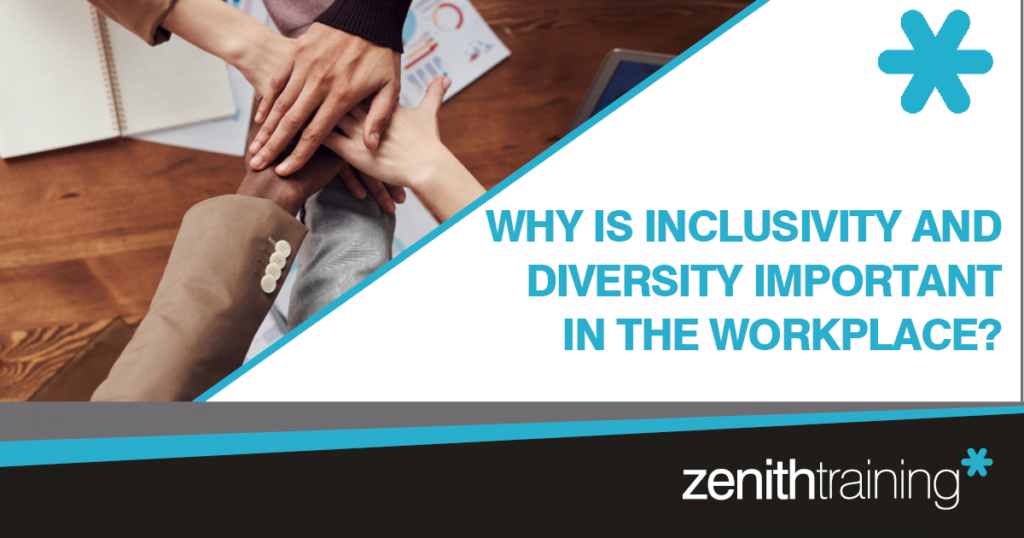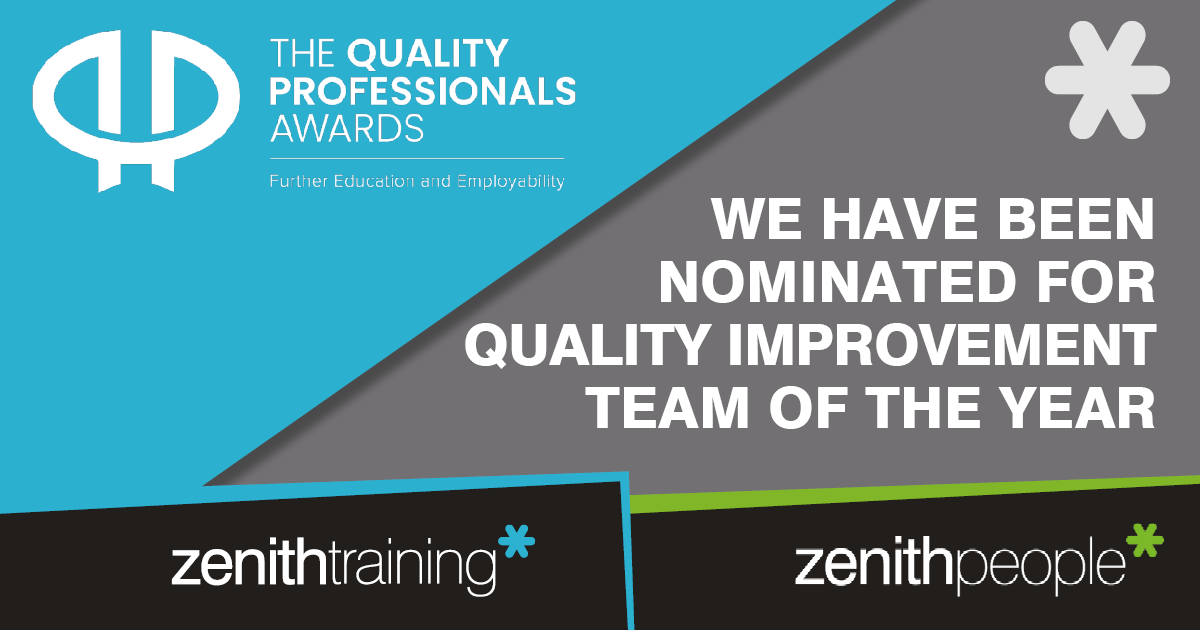Today, it shouldn’t be surprising how important inclusivity and diversity are within the workplace, regardless of the sector in which a business may reside. When asked, individuals usually understand that it is vital that a workplace embraces inclusivity and diversity in their company culture. However, what may need to be better known is why it’s so important for staff well-being and the businesses.
Most people’s initial thought would be that ‘of course, inclusivity and diversity are important in the office, why wouldn’t it be?’ The essential factor many people miss is how inclusivity and diversity are put forward in an office environment; no office wants to come across as simply just practising tokenism.
(Tokenism is ‘The practice of doing something (such as hiring a person who belongs to a minority group) only to prevent criticism and give the appearance that people are being treated fairly’.) Instead, to remain inclusive and diverse, businesses should ensure that everyone in the business, no matter who they are and their role, should always feel included in the business in all aspects.
What is the difference between inclusion and diversity? Diversity focuses on the representation or the makeup of an entity. In contrast, inclusion is about how well the contributions, presence, and perspectives of different groups of people and how well they are valued and integrated into their environment.
Why is it important to businesses?
Well overall, ‘when employers don’t feel that their ideas, presence or contributions are truly valued or taken seriously by their organisation, they will eventually leave’.
Want the proof?
Great Place To Work carried out some in-depth research about company culture; this research proved that when employees and their colleagues are being treated fairly, regardless of things such as gender, race, and sexual orientation, they are:
- 5.4X more likely to want to stay at their company in the long term.
- 6.3X more likely to have pride in their work.
- And 9.8X more likely to look forward to coming to work each day!
In addition to these points, people within the workplace should be free to express themselves as individuals. People express themselves differently from person to person; people may choose to dress a certain way, while others may choose to express their individuality through piercings and tattoos. The world would be boring if everyone were the same; more businesses must embrace individuality. Employees shouldn’t feel like they must leave part of their identities at home when they go to work.
Inclusivity is something that we could really delve so deep into; there are so many different groups who may be affected by lack of inclusivity, not just in the workplace but also in general. Each situation has its own challenges, and we have only touched the surface. For a more in-depth explanation of inclusivity, take a look at this page What is diversity, equity, and inclusion (DE&I)? | McKinsey
Check out our similar blog about accessibility in the workplace! Workplace Accessibility: 5 ways to boost inclusivity within the office. – Zenith Trainin








